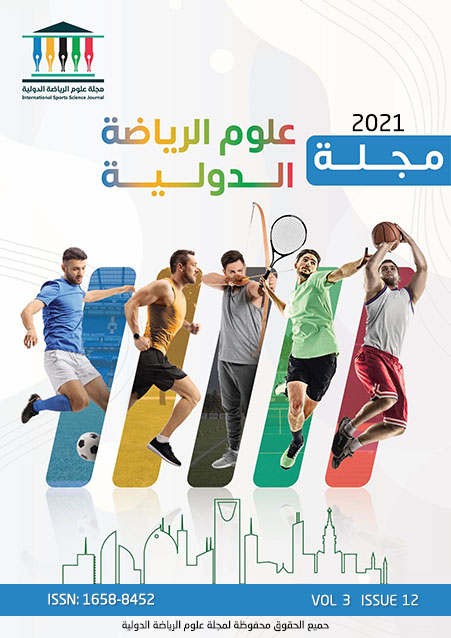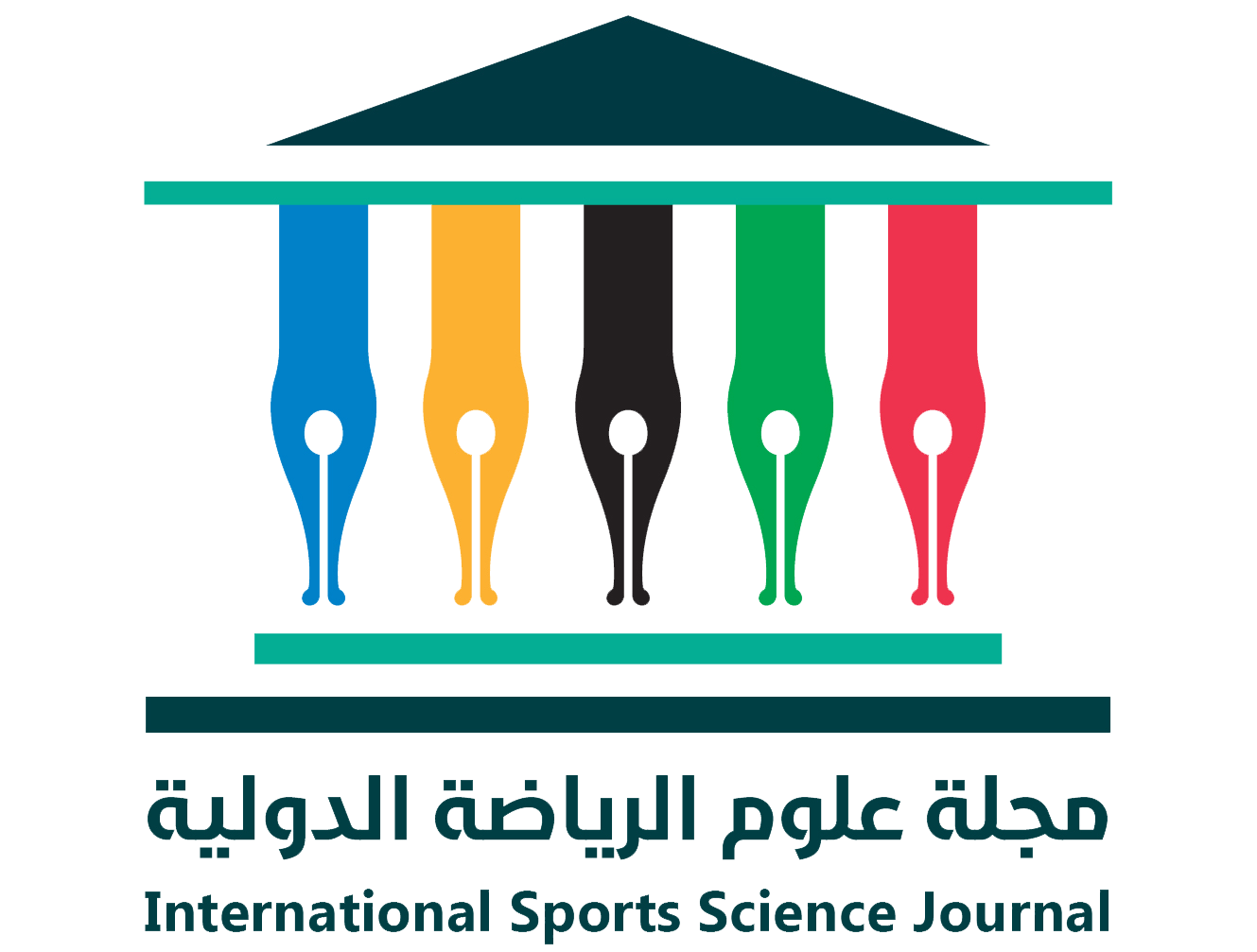The effect of a graduated activity strategy according to compound skill exercises on future thinking and the acquisition of technical performance in freestyle swimming for ages 10-12 years.
DOI:
https://doi.org/10.71377/kgaw1r28Keywords:
The strategy of the graduated comb, Compound skill exercises, Future thinkingAbstract
The research consists of four chapters, with the first chapter including the introduction of the research, its importance, and the research problem. Despite the great attention given to considering individual differences among students within the classroom, we find that most teachers use the same teaching methods for all learners and students. This, in turn, does not take into account the principle of individual differences, diversity, and addressing their intelligence. All of this affects the development of their thinking skills in general and thinking in particular, which is not far from our curricula. Moreover, the content of these curricula should consider the differentiation between individual differences among learners, and the diversity in methods and strategies. Among these strategies is the graduated activities strategy, which adopts the concept of exercises.Among learners, learners are not equal in cognitive, skill, mental, and comprehension levels. Hence, the research problem is that most teachers do not consider individual differences among learners, which itself is a problem that needs to be addressed and examined in detail. The research objectives included identifying the effect of using a graduated activity strategy according to compound skill exercises in acquiring free swimming performance for ages (10-12). The research hypotheses included the absence of significant differences at the 0.05 significance level in the pre-test and post-test results between the experimental group and the control group in acquiring free swimming performance for ages (10-12). As for the second chapter, the researcher used the experimental method for its appropriateness.The nature of the problem and the research community and sample were determined intentionally, consisting of 20 students from the specialized swimming school. Four were excluded as they were part of the exploratory sample, with eight in the experimental sample and eight in the control sample. The third chapter included the presentation, analysis, and discussion of the results reached by the researcher, supported by scientific sources that confirm the results. The fourth chapter consisted of conclusions and recommendations. The researcher concluded the effectiveness of the graduated activity strategy in acquiring the skill performance of freestyle swimming for ages 8-10 years. The researcher also concluded that the educational units prepared fromThe researcher found that it has a positive effect on learning freestyle swimming for ages (8-10). As for the recommendations, the researcher recommends the necessity of using the Barman educational model in acquiring the skill performance of freestyle swimming for ages (10-12) in teaching other age groups. The researcher also recommends the necessity of using the Barman model in teaching other sports activities (basketball, volleyball, fencing, and other sports activities).
Downloads
Downloads
Published
Issue
Section
License
Copyright (c) 2025 International Sports Science Journal

This work is licensed under a Creative Commons Attribution-NonCommercial-ShareAlike 4.0 International License.










